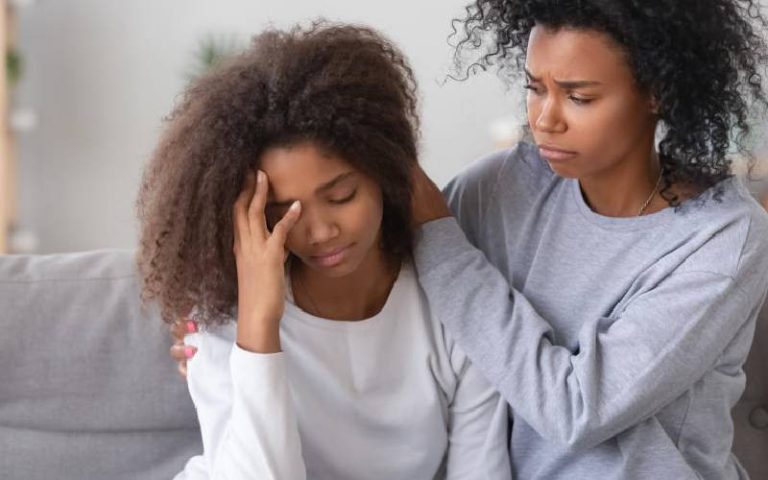Mental health is not a luxury. It is not a Western concept. It is not something we can continue to whisper about behind closed doors.
Across the country, many individuals are silently battling depression, anxiety, trauma, and other mental health conditions, often without the language to describe what they’re going through — let alone access to professional help. For women and girls especially, the pressures of economic strain, gender-based violence, and stigma around reproductive health only intensify mental distress.
Yet, despite how common mental health challenges are, we still treat them as though they are shameful, personal weaknesses instead of the medical conditions they are.
This cultural silence creates isolation, delays care, and in tragic cases, leads to suicide—an increasing trend among Kenya’s youth.
The Ministry of Health has made commendable strides in recognising mental health as a national priority. But policies on paper do not always translate to access on the ground.
Most counties still lack trained mental health professionals.
School systems rarely offer psychosocial support, and public health centers are often ill-equipped to handle mental health crises.
In rural areas, mental illness is often misunderstood and attributed to spiritual causes or curses, preventing families from seeking appropriate care.
We must challenge these harmful narratives. Just as we would never shame someone for having diabetes or a broken leg, we must stop shaming those with depression or PTSD. Mental health is health—period.
At Solidarity with Children with Disabilities Initiative (SCDI), a social enterprise I founded in Siaya County, we integrate mental health and psychosocial support (MHPSS) into everything we do—from menstrual health access to youth empowerment and climate resilience.
By de-stigmatizing stigma through art, education, and community dialogue, we are able to erect safe spaces for healing, learning, and thriving in children, adolescents, and families.
We cannot separate mental health from the structural issues with which it is associated. Poverty, the inequality of gender, unemployment, and climate-related disasters are also mental health problems. Combining efforts towards these broader goals supports true well-being.
As a society, we must be bold enough to talk about mental health in our homes, our workplaces, and in the media.
We must advocate for funding, services, and training. But more than that, we must foster a culture of empathy—where seeking help is seen as a sign of strength, not shame.
Let us remember that mental health is not a privilege for a few, but a right for all. If we want to build a resilient, equitable Kenya, we must ensure that no one’s pain is invisible.
By Lyndah Jakandang’o


